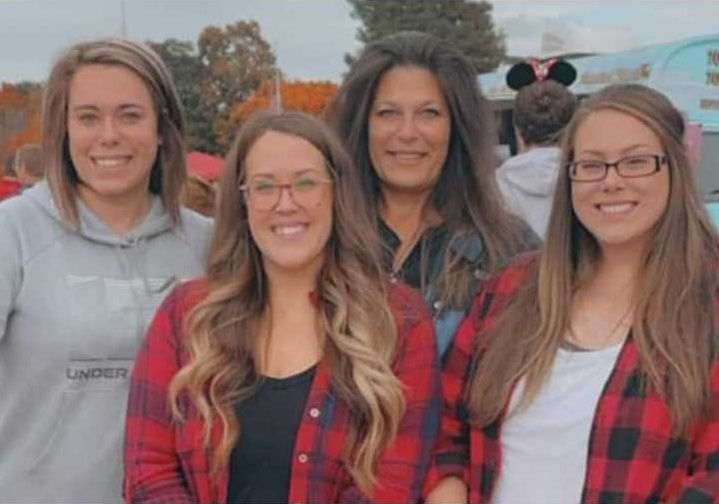CHARLOTTE, N.C. — It's been 20 years since Pillowtex Corporation ceased operations at its textile plants in the United States and Canada.
Nearly 4,000 workers in Rowan and Cabarrus counties lost their jobs.
It marked the largest one-day job loss in North Carolina's history.
A former Pillowtex employee credits Rowan-Cabarrus Community College with helping her and others get back on their feet again.
Lori Safrit is full-time welding instructor at RCCC.
She enjoys preparing students to enter the welding profession.
"They're my kids while they're here for the 16 weeks, and I'm their school mom," Safrit said.
Safrit says she's grateful to work at a college that's helped her get through a life-changing career experience.
Safrit is one of thousands who were displaced after the Pillowtex closures.
"We were all lost," Safrit said. "I had worked in the mill from 1995-2003. There were so many people that worked there for [over] 40 years."
At the time of the layoffs, Safrit was going through a very hard time.
"In 2002, my husband got diagnosed with stage 4 kidney cancer. We tried to do chemotherapy. He passed away in April 2003. In June 2003, I got a call from my supervisor at Pillowtex. He had to read this long letter about the place closing. I had just lost my husband and just lost my job. I had car payments, a mortgage. I had three babies ages 4, 8 and 12. I had nowhere to go, I didn't know what to do. I'd never been alone, I'd always had my husband," Safrit said.
Safrit decided it was time to learn a new trade so she could provide for her family.
"I woke up one morning, and welding was on my heart," Safrit said. "I felt like that come from a higher power. So I registered at Rowan-Cabarrus for welding in 2004. I had so much support."

Safrit's new path would eventually take her from student to teacher.
Shortly after completing the welding program, Safrit was offered a part-time job at the college.
Now she's a full-time instructor alongside employees like Brandon Hoffner, who helped her get trained to re-enter the workforce.
"He's always been there for me since day one," Safrit said. "Now he's my boss man. I been here ever since."
"I can't let her go," Hoffner said.
Safrit says her experience with transitioning into a new career shows how pivotal colleges are with strengthening their communities.
Without RCCC, Safrit questions how so many textile workers would've bounced back.
"They care about the people in the community," Safrit said. "Just like me, [the displaced workers] all had textile skills, and the textiles went away. So they came up here to learn computers, welding, some learned automobiles, machining, some of them went to the nursing program. All of us were really helped by Rowan-Cabarrus. If it hadn't been for them I don't know where we would all be. We would've had a whole lot of people in the unemployment lines," Safrit said.
Rowan-Cabarrus Community Colleges estimates nearly 49% of the displaced workers, which is around 1,950 workers, ended up enrolling at the college.









